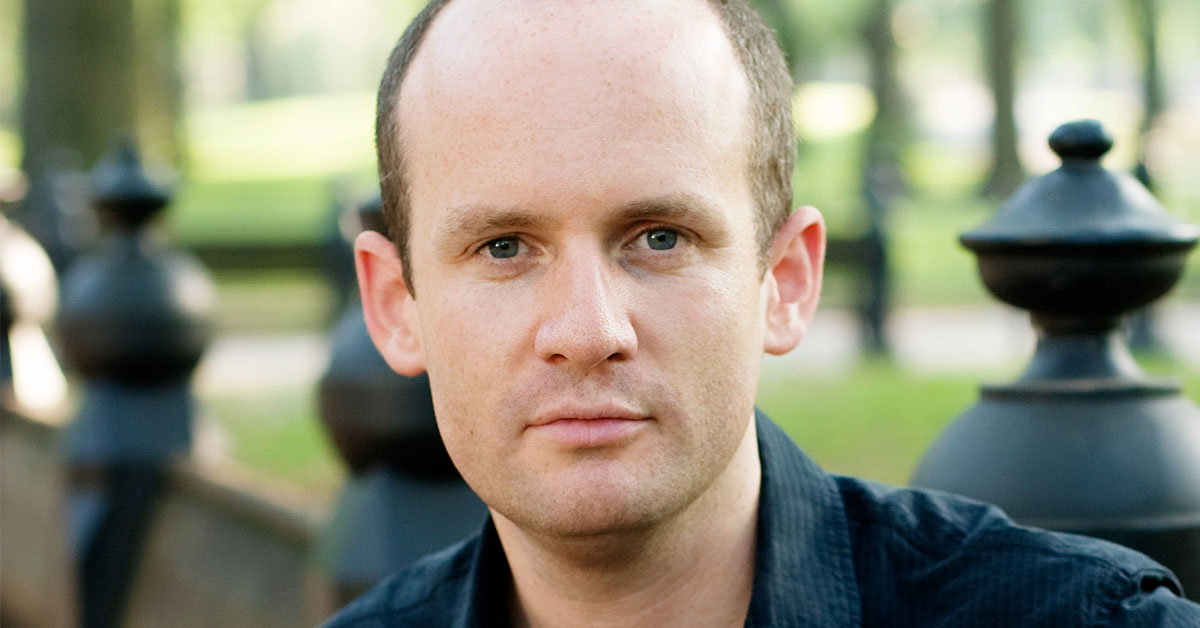
“…Birding has tripled the time I spend outdoors. It has pushed me to explore Oakland in ways I never would have: Amazing hot spots lurk within industrial areas, sewage treatment plants and random residential parks. It has proved more meditative than meditation. While birding, I seem impervious to heat, cold, hunger and thirst. My senses focus resolutely on the present, and the usual hubbub in my head becomes quiet. When I spot a species for the first time — a lifer — I course with adrenaline, while being utterly serene…
“When I step out my door in the morning, I take an aural census of the neighborhood, tuning in to the chatter of creatures that were always there and that I might previously have overlooked. The passing of the seasons feels more granular, marked by the arrival and disappearance of particular species instead of much slower changes in day length, temperature and greenery. I find myself noticing small shifts in the weather and small differences in habitat. I think about the tides…
Of course, having the time to bird is an immense privilege. As a freelancer, I have total control over my hours and my ability to get out in the field. “Are you a retiree?” a fellow birder recently asked me. “You’re birding like a retiree.” I laughed, but the comment spoke to the idea that things like birding are what you do when you’re not working, not being productive.
I reject that. These recent years have taught me that I’m less when I’m not actively looking after myself, that I have value to my world and my community beyond ceaseless production, and that pursuits like birding that foster joy, wonder and connection to place are not sidebars to a fulfilled life but their essence.
It’s easy to think of birding as an escape from reality. Instead, I see it as immersion in the true reality. I don’t need to know who the main characters are on social media and what everyone is saying about them, when I can instead spend an hour trying to find a rare sparrow. It’s very clear to me which of those two activities is the more ridiculous. It’s not the one with the sparrow.
— Ed Yong, from “When I Became a Birder, Almost Everything Else Fell Into Place (NY Times, March 30, 2024)
Photo: DK @ Cove Island Park, March 31, 2024. Canada Geese at sunrise. More photos from that morning here.



